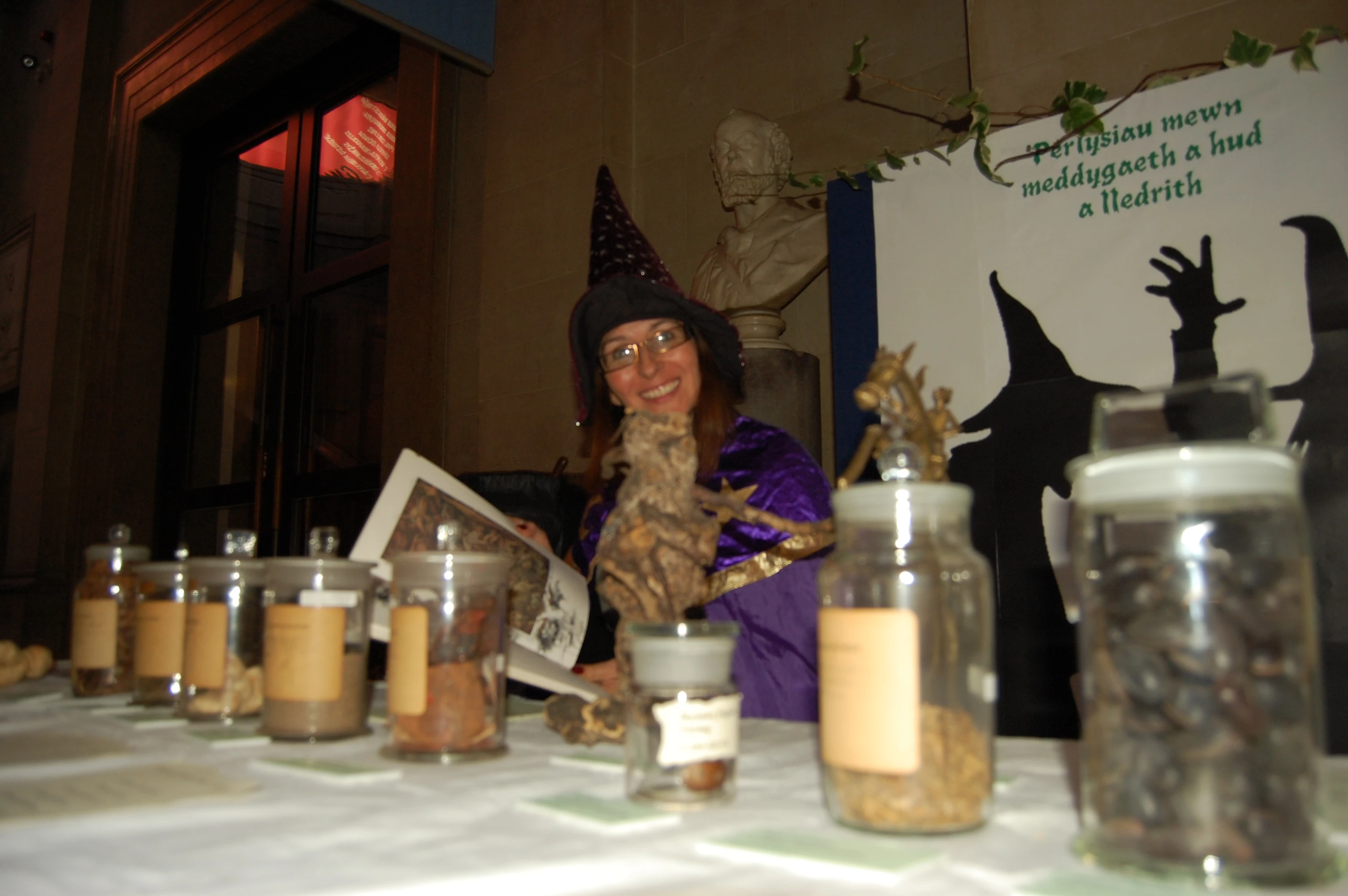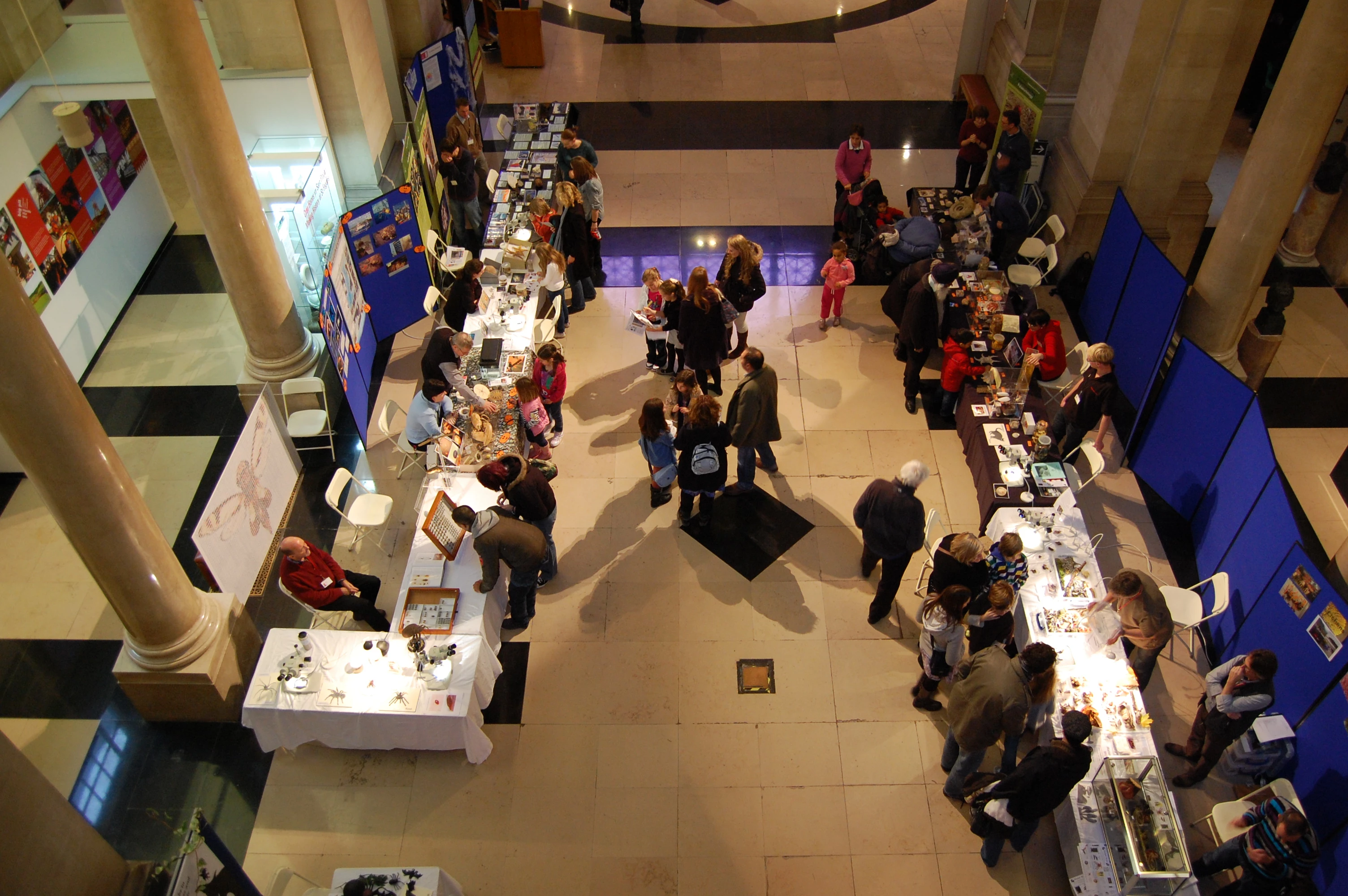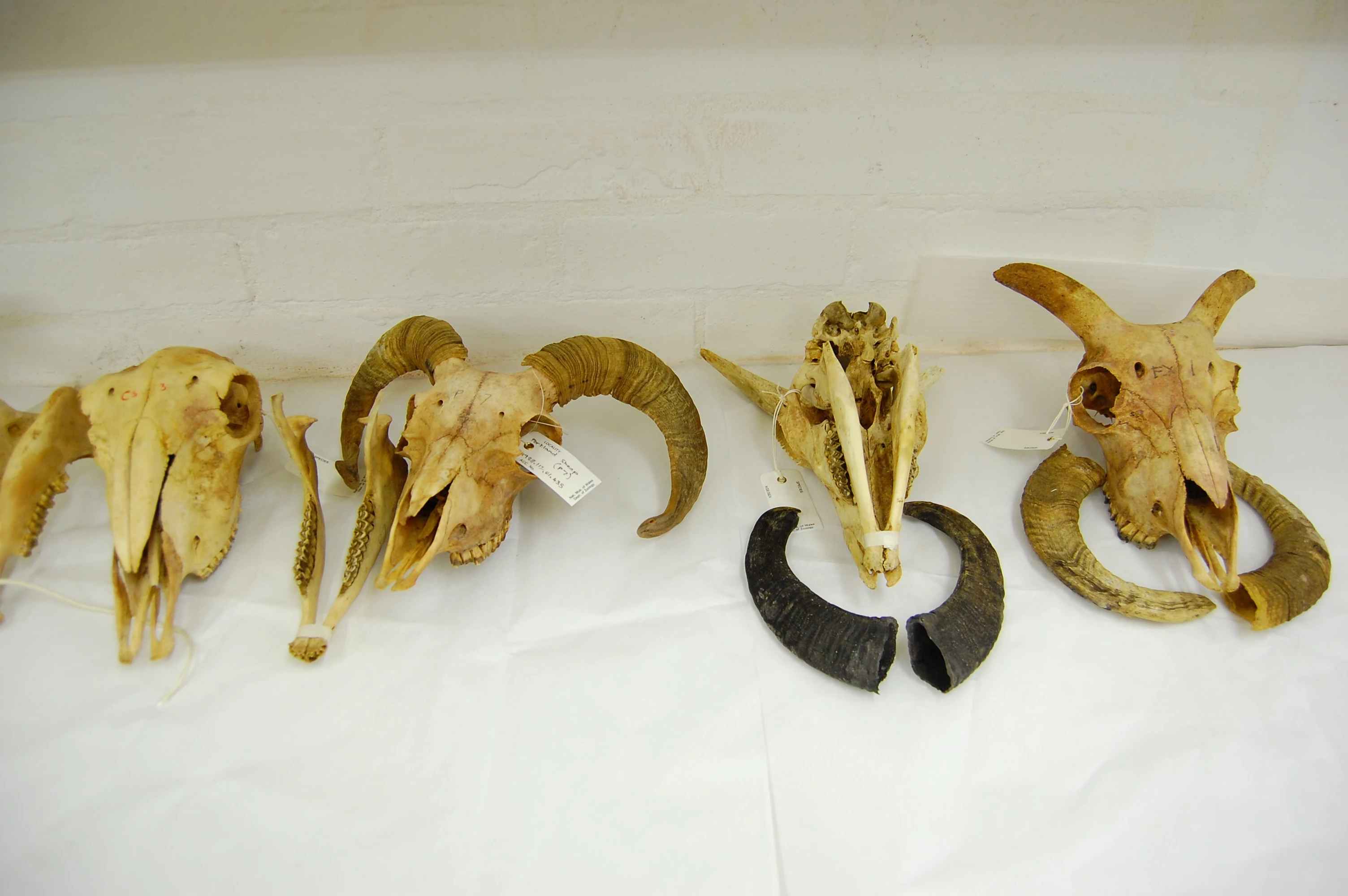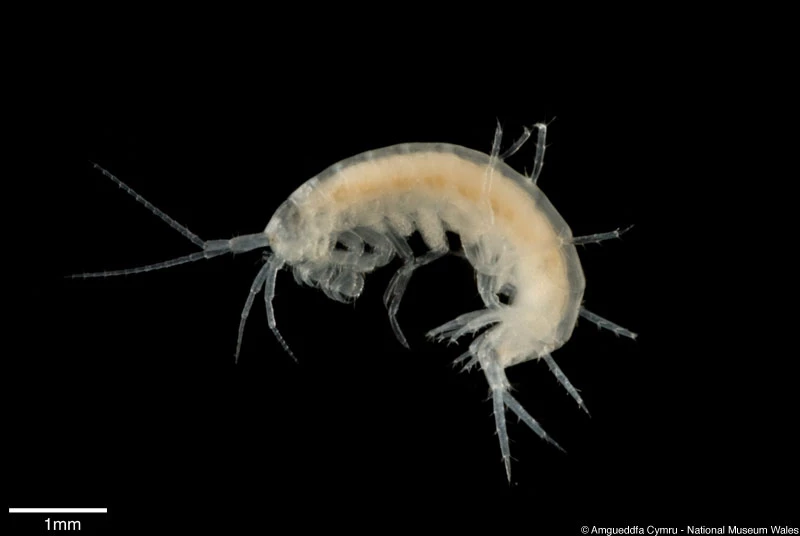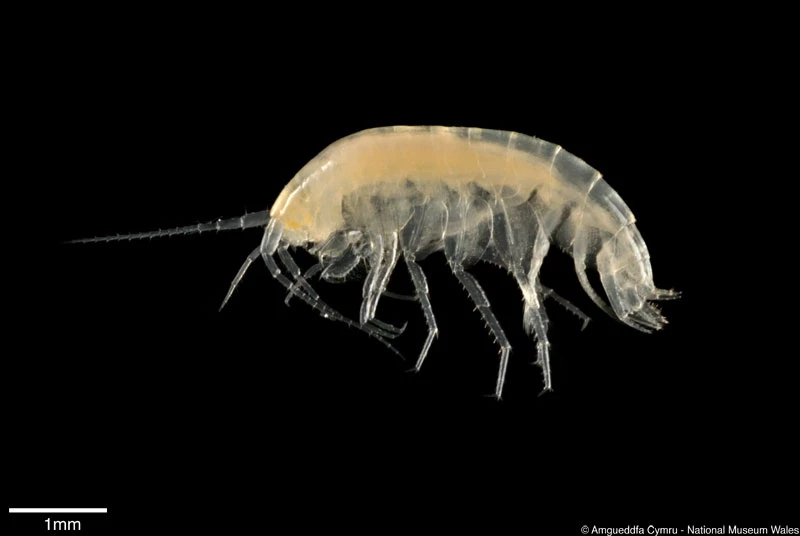Within the groundwater in the rocks below our feet is a hidden world where living animals can be found. It’s a secret world that is difficult to study, and frequently forgotten as it is out of sight. In the UK these groundwater dwelling animals tend to be made up of crustaceans (which includes familiar animals such as crabs and lobsters), and range from tiny microscopic copepods to ‘larger’ shrimp like animals.
Recent survey work by Lee Knight, a freshwater ecologist, and Gareth Farr, a groundwater specialist with the Environment Agency, has found some new species to the Welsh fauna. This has included the first records for the very small amphipod Microniphargus leruthi which has now been found in a number of sites around South Wales.
Recently I joined Gareth on some fieldwork around the Bridgend area to collect some voucher specimens for the museum collections. On this particular trip we found two species not represented in the collections (and shown in the pictures). Both of these are termed ‘stygobiont’ animals, which means they are permanent inhabitants of underground environments. As a result they are characteristically white and eyeless as an adaptation to life underground.
So why does it matter that we learn about such animals and their environment? Understanding biodiversity is always important. Our whole way of life is underpinned by the environment through the food we eat, the water we drink, to the resources we use. In the case of these groundwater animals if the groundwater they live in gets polluted, then this affects not only these animals but us through contaminated water supplies. Thus even these small blind beasties have an important role to play in the sustainability of our environment.
